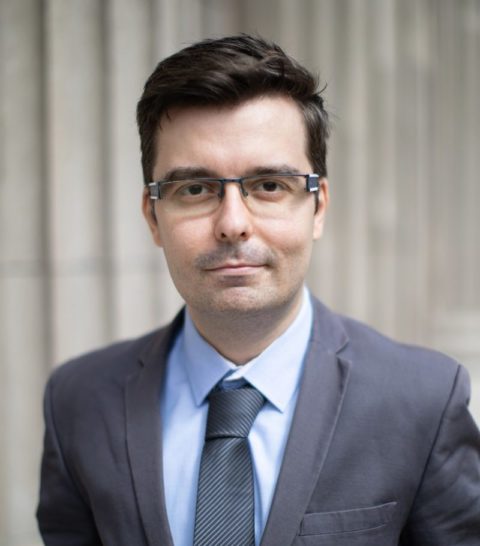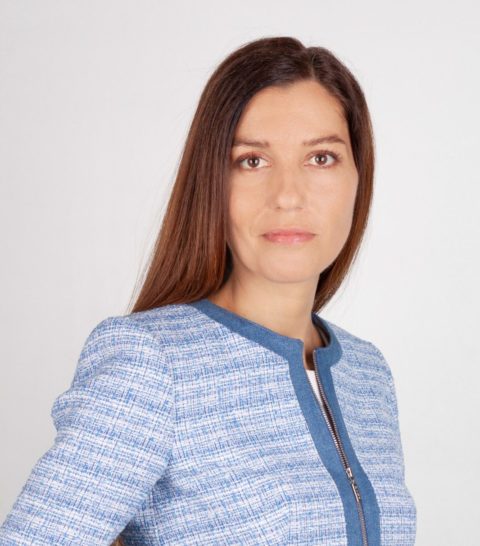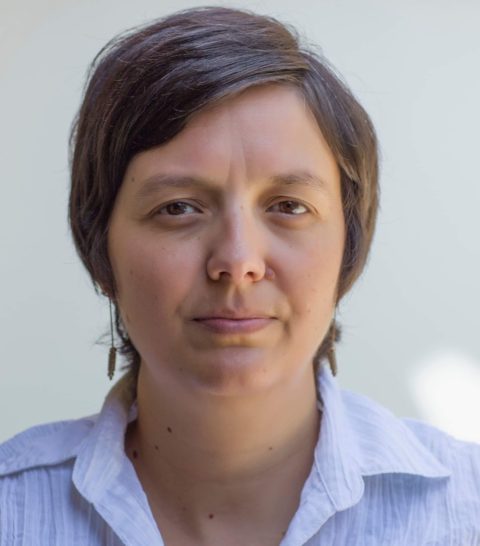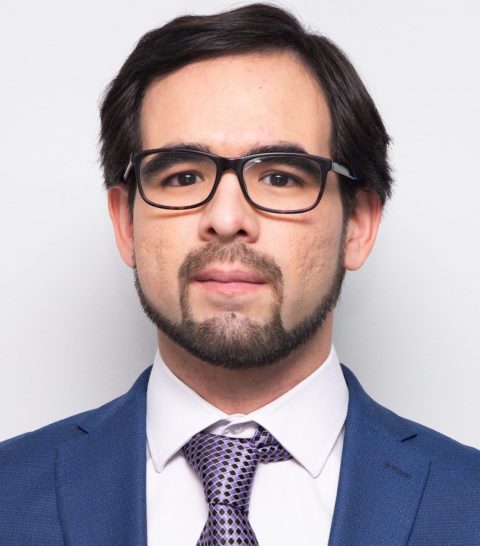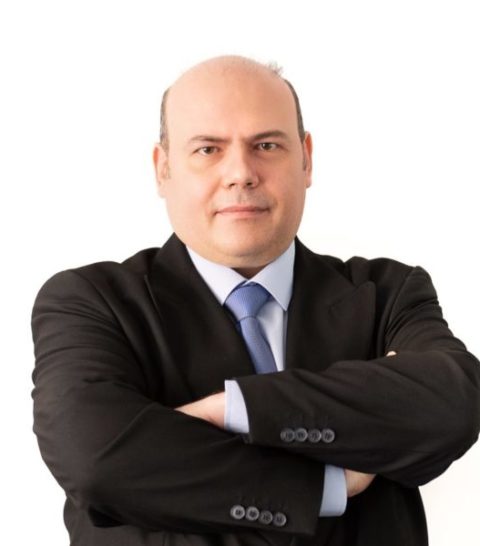Energy Terms Glossary
15 September 2019A
Applicant
An applicant is the developer of a project, applying to the DNO/DSO for the project to be connected to the electrical grid.
Applicant’s project
The applicant’s project is a set of terrain, buildings, technological equipment, electrical equipment and electrical energy receivers.
C
Connection equipment
Connection equipment is a set of power lines, electrical devices and other electrical equipment intended for transmission, transformation and delivery of electrical energy from the electrical grid to electrical facilities at a customer’s site or of a DNO/DSO or from the plant to the electrical grid.
Construction permit
The construction permit is a document issued in most cases by the chief architect of the municipality that is mandatory for the legal implementation of a construction.
D
Declaration of compliance
With the declaration of compliance the applicant certifies that the electrical installations comply with safety requirements and technical requirements.
Detailed development plan (DDP)
The DDP determines the specific purpose and method of development of the individual land properties covered by the plan.
District network operator (DNO)/ District system operator (DSO)
The DNO/DSO is responsible for the distribution of electricity, the operation of an electricity distribution network, for its maintenance, the development of a given territory and for interconnections with other networks, as well as for the provision in the long term of the grid’s ability to cover reasonable requests for electricity distribution.
E
Electrical grid
Electrical grid is the power transmission network, respectively power distribution network.
Energisation
Energization pertains to the action of activating a switch, or inserting a fuse, or undertaking any other measure that facilitates the passage of an electric current between the distribution system and the installation of the applicant’s facility at the designated connection point.
F
Force majeure events
Force Majeure Events refer to unforeseeable and uncontrollable circumstances or events that are beyond the reasonable control of either party involved. These events encompass natural disasters, acts of war, terrorism, strikes, governmental actions, and other extraordinary occurrences that significantly disrupt the ability to fulfil contractual obligations.
Formal statement by the DSO/ DNO
The formal statement is issued by the DSO/DNO and it confirms the planning conditions under which the applicant’s project can be connected to the grid.
Full planning permission (FPP)
The FFP is a sample of an effective DDP with the scope of the land property and its neighbouring land properties, with marked available buildings and structures in it and in the neighbouring properties and with drawn construction lines and permissible heights, density and intensity of construction and other requirements, if any, as well as the permissible deviations.
G
Granting of easement
A land easement is an encumbrance placed on one piece of real property, called the servient property, for the benefit of another piece of real property, called the dominant property, that belongs to another owner.
Grid connection agreement (GCA)
The GCA is the agreement entered into between the Applicant and the DNO/DSO with respect to the connection of the applicant’s project to the grid.
I
Investment project
The investment project is a project approved by the DNO/DSO, which includes development and engineering designs, as well as the installation of the equipment.
P
Photovoltaic (PV) cell
PV cell, commonly known as a solar cell, is a semiconductor device that converts sunlight directly into electrical energy through the photovoltaic effect. When photons (particles of light) from the sun strike the surface of the PV cell, they excite electrons within the semiconductor material, generating an electric current. This process creates a flow of electricity that can be harnessed for various applications, such as powering homes, businesses, and electronic devices, as well as feeding electricity into the grid.
Photovoltaic project developer (PPD)
The PPD is responsible for all aspects of solar energy project development, including but not only finding land for the project, conducting technical, geological and other studies, applying for a variety of permits, and securing financing.
Power of Attorney (PoA)
A power of attorney is a legal document that grants an individual, referred to as the “principal” or “grantor,” the authority to delegate specific powers to another person, known as the “agent” or “attorney-in-fact.” This authorization empowers the agent to act on behalf of the principal in various matters, such as managing financial transactions, making legal decisions, and conducting other specified activities.
Power Purchase Agreement (PPA)
A PPA is a legally binding contract that outlines the terms and conditions under which a power plant sells electricity to a buyer over a specified period.
Preliminary Grid Connection Agreement (PGCA)
The PGCA is the agreement between the Applicant and the DNO/DSO with respect to the connection of the applicant’s facility to the grid entered into after receiving the DNO’s formal statement to the Applicant’s request and before the signing of the GCA.
Project draft
The project draft is submitted by the applicant to the DNO. It contains two parts – a development proposal of the electrical facility and a description of the electrical equipment and installations.
R
Renewable energy sources (RES)
RES refer to naturally occurring and sustainable reservoirs of energy that can be harnessed for power generation without depletion. These sources, such as sunlight, wind, water (hydro), geothermal heat, and biomass, are replenished over relatively short timeframes, ensuring their continued availability. Unlike finite fossil fuels, renewable energy sources offer environmentally friendly alternatives, contributing to reduced greenhouse gas emissions and long-term energy sustainability.
T
Transmission and Access Agreement (TAA)
Under the TAA, the DNO/DSO grants the Applicant the right of access to the electricity distribution network in order to supply its customer’s facilities with electricity. The services provided under this Agreement are, but are not limited to, access to the electricity distribution network, transmission of electricity through the electricity distribution network, etc.


